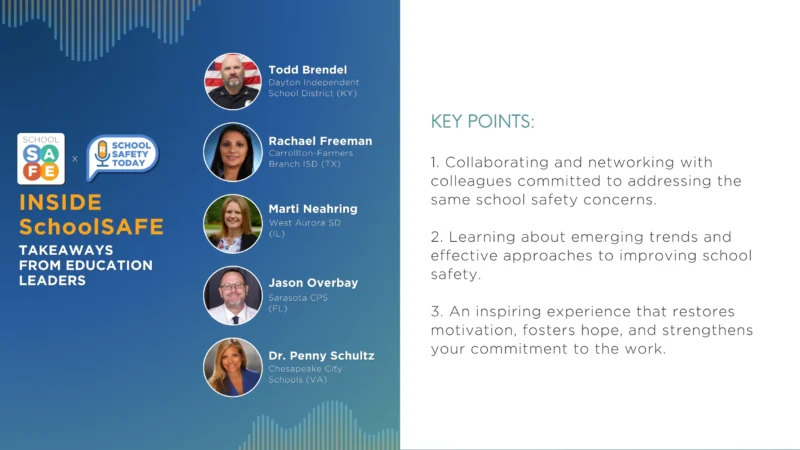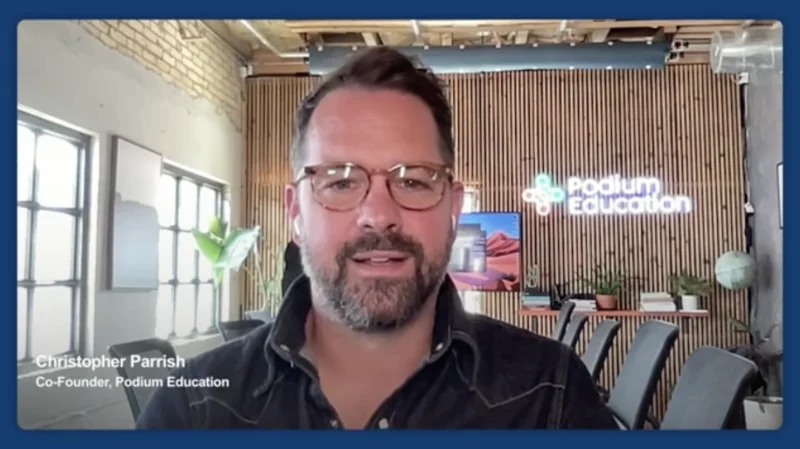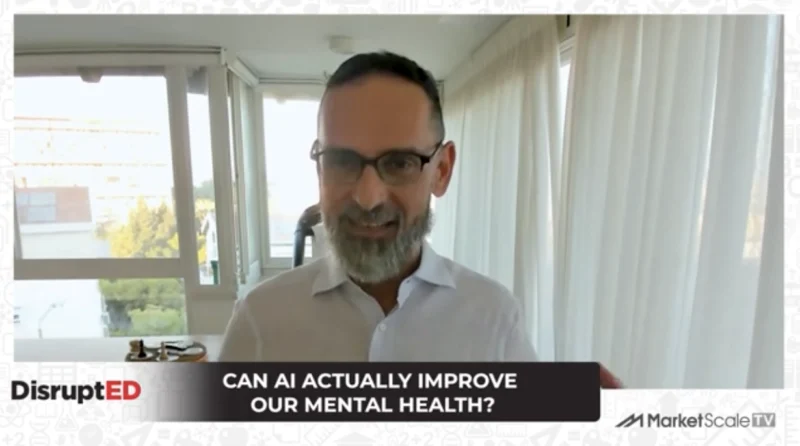‘Brave’ Micro-Schools are Reinventing Schooling and Creating a Successful Educational Path
The global education system is making way for more micro-schools faced monumental challenges due to the pandemic, which left traditional models of schooling to come under scrutiny. The demand for a more adaptable, student-centric approach is growing, with a focus on self-directed learning and community involvement. During a time when 1.5 billion children were out of the classroom due to the COVID-19 pandemic, the need for innovation in education could not have been more pressing.
So, how can we bravely reinvent schooling to create a system that fosters 21st-century skills, flexibility, and purpose-driven learning?
For the latest episode of “The Future of Education,” host Michael Horn looked into that very question in a conversation with Luis Brito E Faro, co-founder of Brave Generation Academy. The two explored the concept, structure, and success of a network of micro-schools. It is all built on three pillars: knowledge, skills, and community, which serves learners from sixth grade to master’s level.
Other areas Horn and Faro discussed:
- The Birth of Brave Generation Academy and its unique approach focusing on self-directed learning and community well-being.
- The Academy’s flexibility in subject selection and an emphasis on technical and soft skills. Along with a curriculum supported by partnerships with universities for accreditation and onsite learning hubs.
- The Academy’s remarkable growth, attracting families from various educational backgrounds in conservative countries like Portugal. With a focus on student happiness and purpose, the network expects to double its numbers upon government accreditation.
Luis Brito E Faro is a co-founder of Brave Generation Academy, a global network of micro-schools that focuses on self-directed learning. With a background in mechanical engineering and a passion for sports, Luis brings a unique perspective to the educational landscape. His commitment to problem-solving, critical thinking, and mentoring has been instrumental in the Academy’s growth and innovation.




